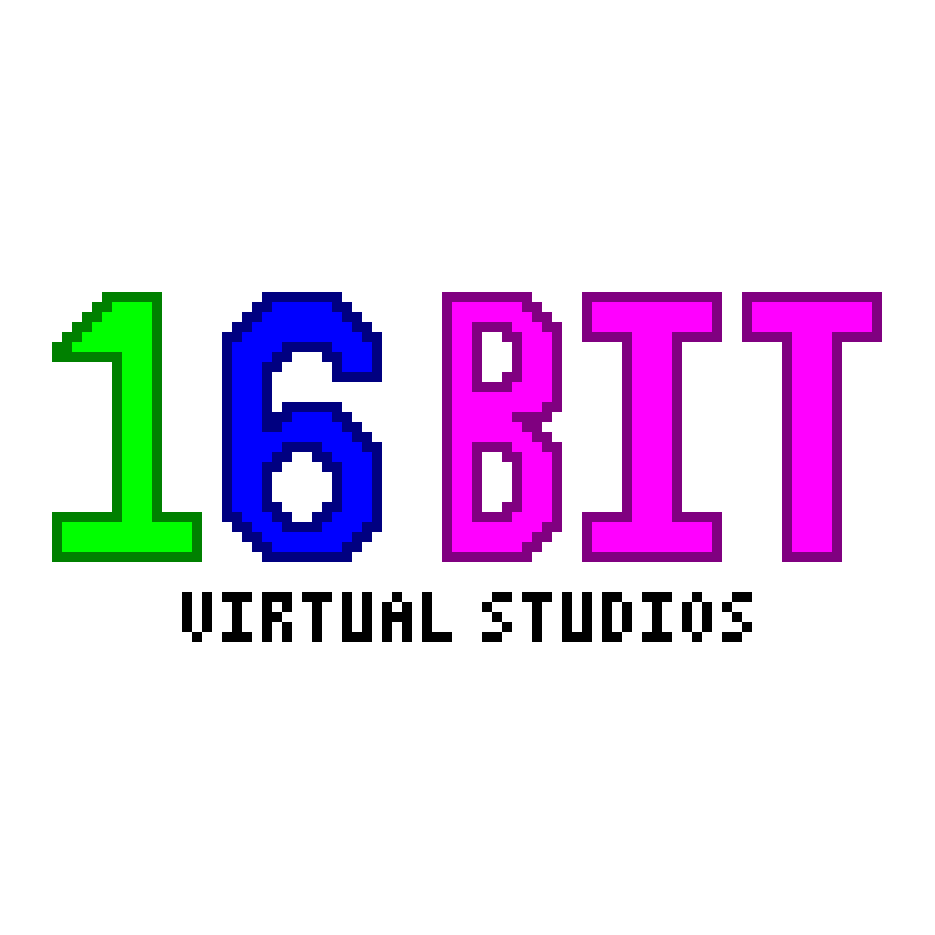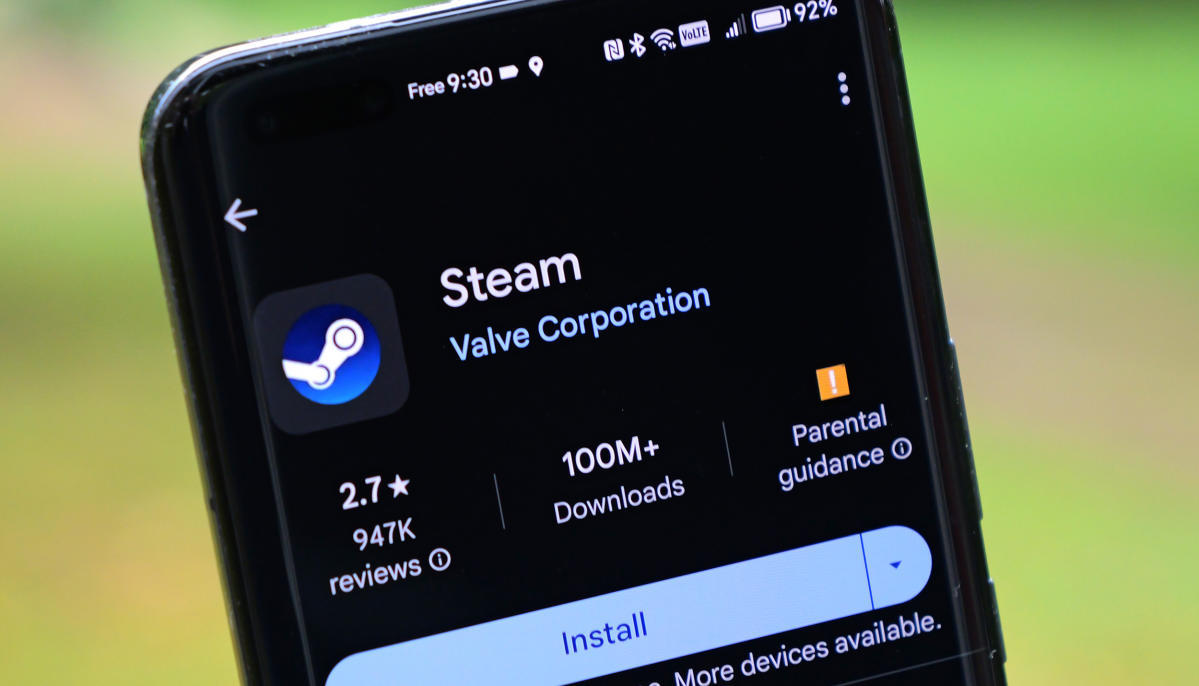
This was always the case. The only difference is the words they use.

This is in response to the new California law that forces stores to clearly disclose that the customer is buying a temporary license.

Just like the EU, California does a lot for global customer protection.

I feel like there needs to be some kind of way of recording what games have been purchased (licensed) so that if a store were using goes out of business we should be able to get it from another store, at least for a very reduced price just to cover their costs.

So if I download a pirate copy, I’m in the clear because I purchased a license.
Doesn’t GOG provide the games without copy protection? Doesn’t that mean you can actually back up your installed games?
In any case, these services should allow their customers to download a digital copy of an ISO or an installable package of the game so it can be saved as a backup and installed independently.

drm is optional on steam, plenty of games are just binaries you can backup like any other. Not that it helps much with the games that do use it…

Is there a way through steam to see your owned drm free games (or in owned)?

I know steam has an option to add non steam games to the launcher so you can see and launch through it. Iirc it’s at the bottom left of the games list.

So if I download a pirate copy, I’m in the clear because I purchased a license.
Nope since the copy of the software was obtained with someone else’s license. That said this would be hypothetically impossible to prove in court so 🤷
Circumventing DRM is questionable since I think it’s illegal to distribute but not own. So let’s say you have a CD installer for the Sims and download a crack exe to launch it without the CD. You are in the clear but the host for the download is not.
GOG or backing the game up yourself is the only way around this.

Yeah moving forward I’m going to buy on GOG.

corporations would make breathing a subscription service if they could

When you are six hours into playing Battlefield and you run out of ammo in your clip, and we ask you for a dollar to reload, you’re really not very price sensitive at that point in time. A consumer gets engaged in a property, they might spend 10,20,30,50 hours on the game and then when they’re deep into the game they’re well invested in it. We’re not gouging, but we’re charging and at that point in time the commitment can be pretty high. But it is a great model and I think it represents a substantially better future for the industry.
I was reminded of this. They would if they could. I am glad i am not living in that timeline.

Wait. They did this?!

When you are six hours into playing Battlefield and you run out of ammo in your clip, and we ask you for a dollar to reload, you’re really not very price sensitive at that point in time
Forgot how evil that was. God, if i was 6 hours in, and they asked me a dollar to reload, i’d uninstall the game, and go play some minecraft or something.

Is it a blanket statement for every purchase regardless of what game it is?
If so, that’s completely useless.
It informs customers, that licensing a game on Steam is not like buying a pair of pants on
pantsshop24.org. That’s what it’s meant to do.
I thought it would only apply to certain games. I feel like it’s just normalizing it rather than really being educational. Now companies can go fullboar with games only being a license and just point to the disclaimer as an excuse.

You only buy a license to watch/listen media private in most cases. Even if yo buy a DRM free copy of a film/track/game, you only have a license to consume it private. If you want to show (or share) with public, you need another (way more expensive) license to do that legally.
The only difference is, when you only stream the media or there is DRM on the files, it is not possible to archive it easily and the danger of lost media is far greater.

Dude, you just cannonballed into the Achualy pool. You know that’s not what we’re all talking about.

Not really. If you buy the game on gog, you own it.

GOG themselves literally said that you do not, even very recently. You own a license like every other customer, and it can be revoked at their discretion.
GOG choose to exclusively sell games for which they can sell DRM-free versions, which is a great option for consumers. It is not a straightforward decision however as this is, whether it is a priority or not, a tradeoff for the things that Steam integration provides - cloud backup, mod workshops, multiplayer functionality etc.
Steam also sells plenty of DRM-free games, and offer customers the informed choice when selling Steam DRM and Third-Party DRM controlled game licenses.
This is not an argument that Steam or GOG are objectively better. But it is a straightforward lie to state that the license you buy from GOG is legally different from the one you buy from Steam. What is different is the possibility or otherwise of DRM software being used to control your adherence to the license.

You’re like one of three people on Lemmy that understands this. I always get piled on whenever I bring it up.

It is usually also followed by “but I can download my installers and then I can have them whenever I like” as if it’s a sane idea to store terabytes of offline installers for the day that GOG goes out of business.
I mean, I also have terabytes of offline installers for the day that Steam or GOG go down. On other people’s computers. In a, uh, distributed distribution system.

Just like popups about cookies!

Those are like a real life Navi from Zelda.
“Hey! Link!” one every site is annoying.
That crap really needs to be a browser setting.


